My mother Sally Challen killed my abusive father – so why did I feel shame about being a survivor?
David Challen’s mother was convicted of killing his father after suffering decades of coercive control. He tells Zoë Beaty how he came to terms with his own experience – and why children growing up in abusive households are victims in their own right

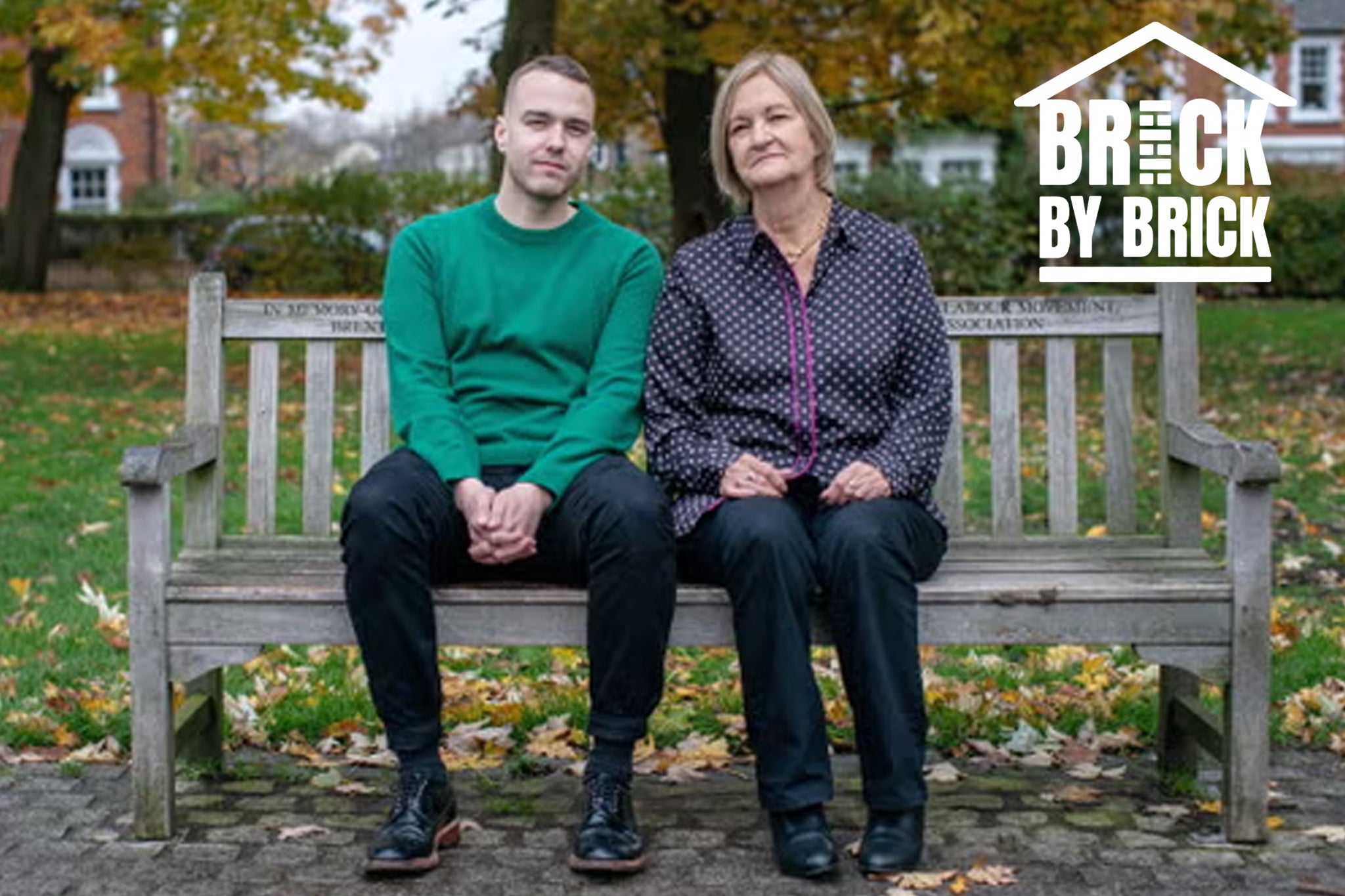
Over the years David Challen has picked up many titles – campaigner, writer, adviser, speaker, advocate of women’s rights. Yet there’s one he has struggled to identify with. “I’ve always felt a lot of shame around speaking about myself as a victim and survivor,” he says. “I felt like I was co-opting someone else’s harm. That shouldn’t be the case.”
It shouldn’t. Challen first came into public spheres around five years ago, a time when he was tirelessly campaigning for his mother’s release from prison.
Sally Challen had been convicted of the murder of Challen’s father, Richard, in 2011, when she bludgeoned him to death in their family kitchen. She was jailed for 22 years after being found guilty at a trial that branded her a “textbook” jealous wife, consumed by her husband’s “friendships” with other women.
“Nothing could be further from the truth,” Challen said at the time – his mother had endured almost 40 years of terrifying abuse and emotional violence. In 2019, she was finally released on appeal in a landmark case that hinged on a crucial law enacted in 2015, which criminalised coercive control. Her conviction was reduced to manslaughter.
The moment was a significant turning point, not just for the Challen family, but for the countless women they continue to stand and advocate for. Just last year their efforts saw the implementation of Sally’s Law, which allows judges to acknowledge domestic abuse as mitigating factors in cases where women kill their partners.
Yet, beyond the headlines, the effects of abuse are still ever present. Sally Challen has now been free for more than five years, but the family are still navigating the enormous reckoning his father’s abuse caused.
“She’s happy, that’s the main thing,” says Challen – but there’s still much to do. Alongside The Independent’s Brick by Brick campaign – a collaboration with Refuge to build a shelter – Challen is now raising awareness of the lasting impact of abuse on children.
“Only in the last few years have I come to terms with my own survivorhood and survivorship,” he explains. “And so I think it’s really important to recognise that if we don’t support these children with their mothers leaving homes, we’re really leaving a bedrock of trauma that’s going to remain unseen.”
As a child, Challen witnessed “my mum grappling for the truth... What was painted as the original vengeful wife was really, in reality, a woman trying to find her footing in reality and sanity from which to leave my father.”
Be a brick, buy a brick and donate here or text BRICK to 70560 to donate £15
For more than 40 years, Sally Challen was bullied, humiliated and isolated from her friends and family. Richard, her husband, who she had met when she was just 15, controlled who she could socialise with, restricted her movement, controlled her money and created a culture of fear and dependency.
While forcing restrictions on her behaviour, he would meanwhile have numerous affairs and visit brothels.
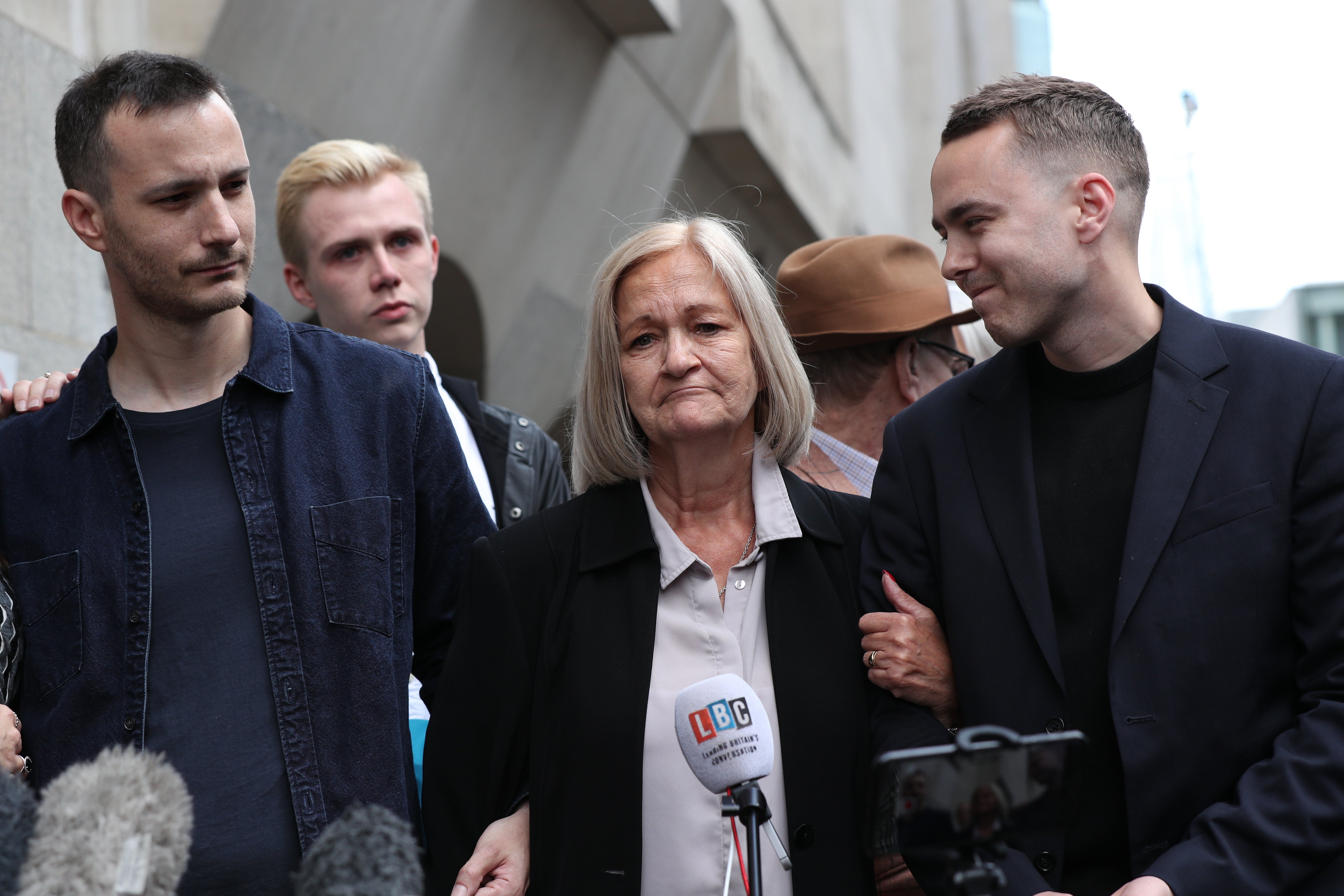
David continues: “He gaslighted her to believe that she was making up all these ideas of his infidelities when he was really doing it. Even today I think that kind of behaviour is still quite normalised, but it’s gaslighting. Doing that to someone cumulatively over 40 years unhinges the mind and lets it wander. For me as a child, watching... it’s just helplessness.”
Children growing up in an abusive home are subjected to grave mental and physical harm, Challen explains, that “cements and embeds deep within them traumas which may not show themselves until later in life and stunts them horrifically”.
An American study last year found that around 10 per cent of all children are exposed to domestic violence every year; a report by the Children’s Commissioner for England found earlier this year that 92 per cent of children who witness abuse are given no support or referral to advocacy services.
As such, like Challen has experienced, they are often deemed the “silent victims” of abuse.
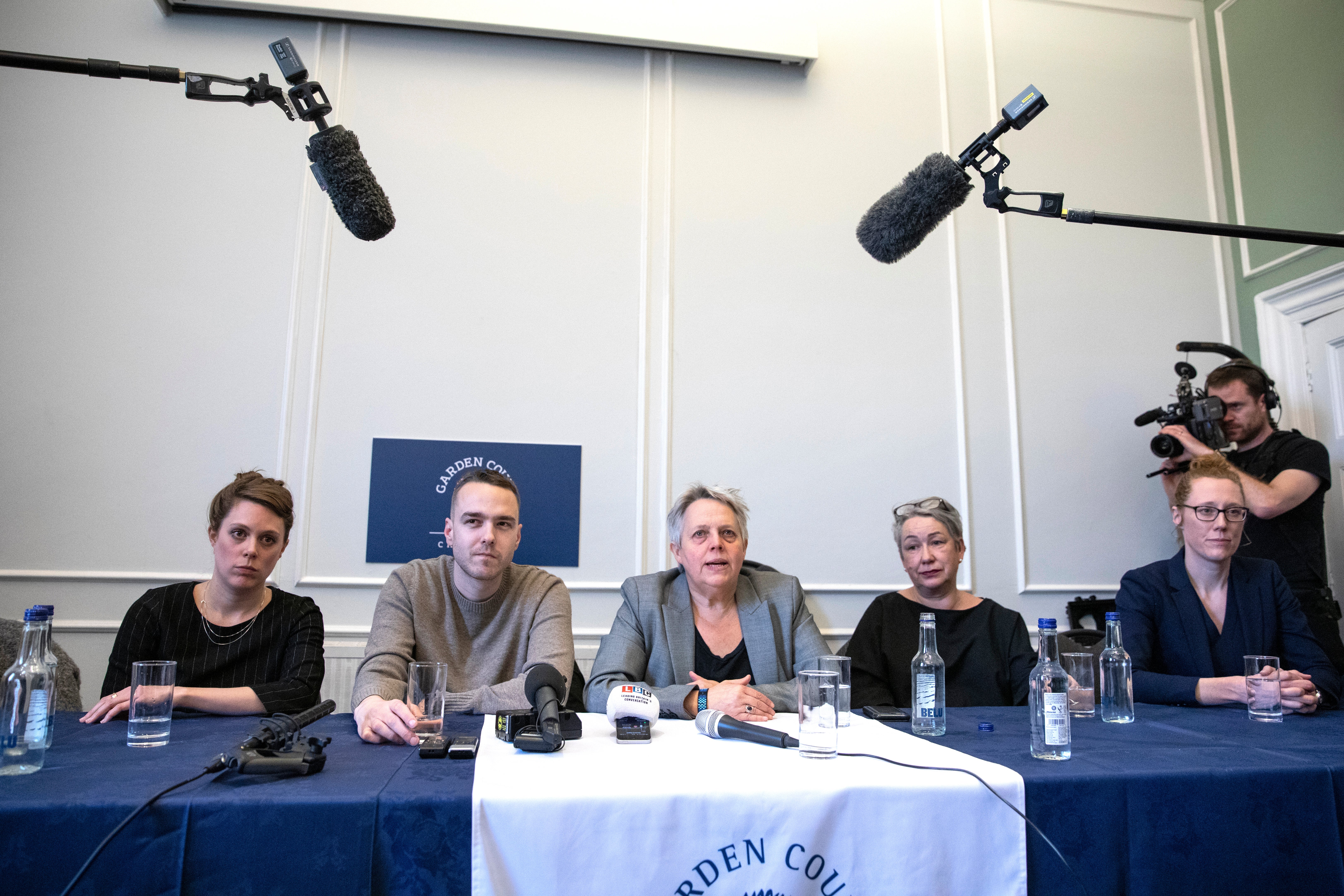
Despite a lack of research into the long-term effects, we already know that constant exposure can change a child’s perception and understanding of relationships. Their sense of safety is irrevocably damaged, likewise their ability to trust. Children who experience this at a young age are at risk of developing serious long-term mental health issues like PTSD and depression, says the non-profit Freeva (Free from Violence and Abuse).
“My father’s controlling act upon my mother was abusive to me because he was, you know, attacking her verbally and gaslighting her in front of me and in earshot of me,” Challen says. “And just the first-hand effect on her makes me a first-hand victim in my own right as a child, too. It filters horrifically down into the body system and mind of a child in that home.”
Later, that harm shows as a “sort of stoicism” to many adults who have witnessed abuse in the home, Challen continues. “Many don’t feel they can say they are victims or survivors of domestic abuse in their own right, because society has only very recently enacted that in the domestic abuse act.
“So now there’s a real importance to centre children in response to having a safe place to go, and how important mothers are to children in having that safe space.”
One thing that needs to change and develop is having the right language to be able to talk about it, he says. The introduction of the phrase “coercive control”, and the acknowledgement of the enormity of harm it brings, was crucial in helping to vindicate his mother.
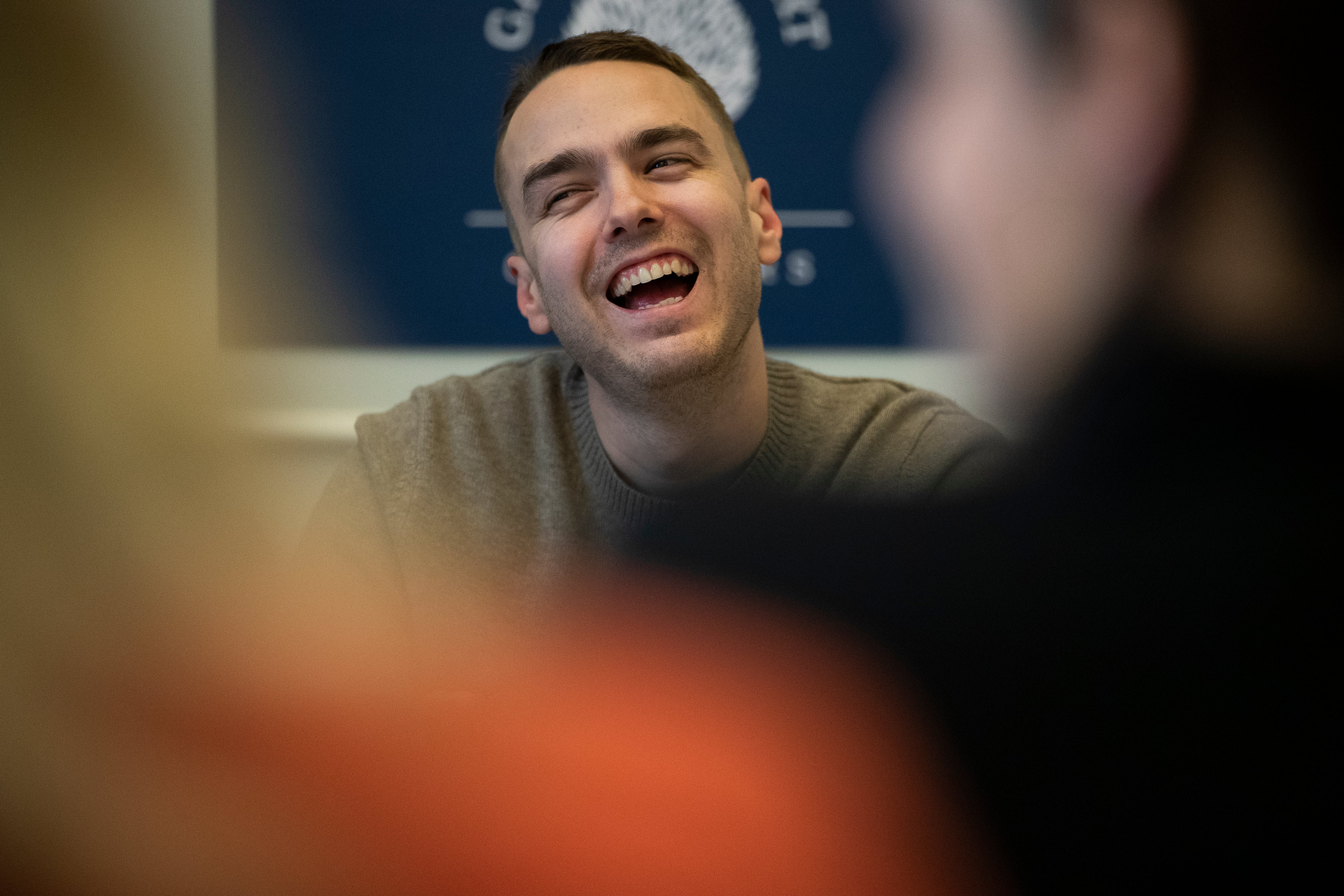
“[As children], you’re landed the most horrific, traumatic event that could happen in your life, and you’re robbed of a phrase or verbiage to describe what’s going on,” continues Challen. “It leaves many young people who grow up into adults scrambling around to make sense of it, and feel as though it wasn’t abuse. So, my whole story has been fighting to recognise that this is abuse.”
Challen saw first hand that the most dangerous time for a woman in an abusive relationship can be the point that they decide to leave the relationship.
Sally Challen had left the family home a year before she killed her husband, and was pushing for a divorce. But she still wasn’t out of the grips of Richard’s campaign of control: “He returned with a postnuptial agreement and tried to seek more control when she was struggling to survive by herself – which is more commonly known as post-separation abuse.
“So having that safe space, like the Refuge house that this campaign is building – a place where there’s help and experts who can tell you what abuse is, and help you rebuild – would have been amazingly transformative if this is what happened today for a child like me. Refuges offer that lock-off point, away from fear, and a respite for survivors and children to try and make sense of the future, but also understand what’s happened to them.”
Despite the necessity of women’s refuge shelters, still every hour two women are turned away from their doors – a lack of funding means there are simply not enough provisions to deal with the prolific abuse that women are subjected to every day, up and down the country.
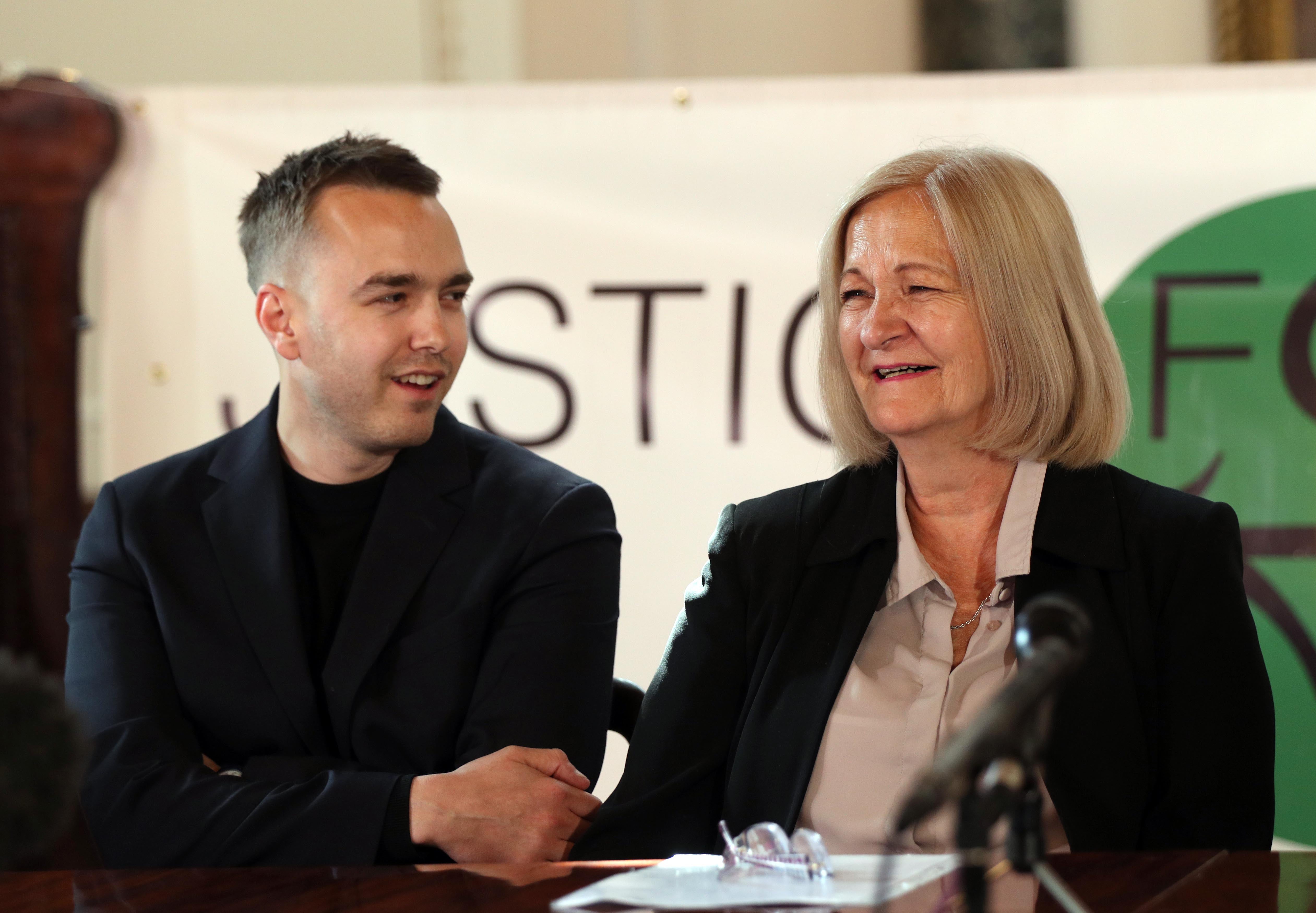
“Removing a perpetrator from the home is often simply not safe as they will likely always return, yet for the last decade budget cuts have decimated many safe houses.”
Challen is a leading voice in changing this and promoting the rights of children of abuse. He says that there have been “seismic” changes, such as children being recognised as victims in their own right in the Domestic Abuse Act, but there is still a long way to go.
“How are we educating children and young adults in schools?” he asks. “Getting domestic abuse policies enacted in the workplace is a huge part of the puzzle, and men shouldn’t feel afraid to discuss this. Domestic abuse isn’t going to be solved by one person. This affects all of us. All of us.”
Please donate now to the Brick by Brick campaign, launched by The Independent and charity Refuge, to help raise £300,000 to build a safe space for women where they can escape domestic abuse, rebuild their lives and make new futures.
The national domestic abuse helpline offers support for women on 0808 2000 247, or you can visit the Refuge website here. There is a dedicated men’s advice line on 0808 8010 327




Bookmark popover
Removed from bookmarks